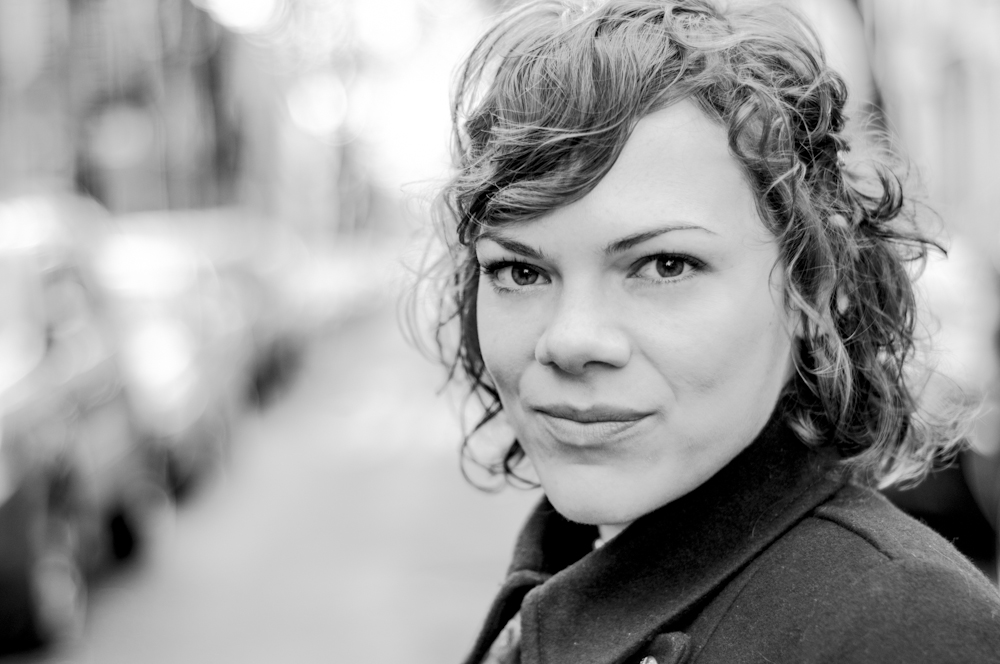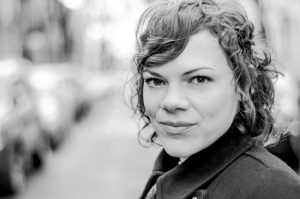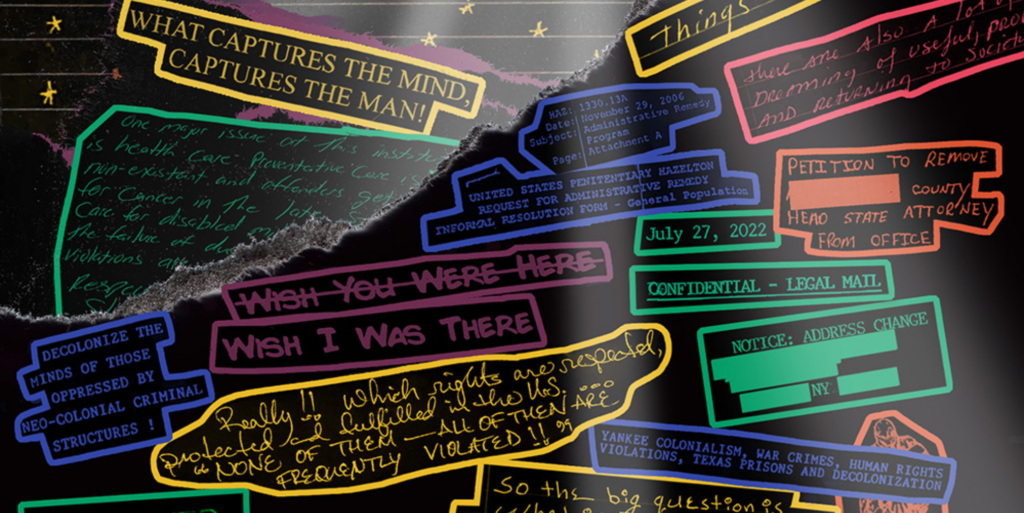Originally published on HowlRound Blog
The Tow Foundation’s Playwright-in-Residence at Ars Nova, Rachel Bonds, discusses her residency and upcoming play, Sundown, Yellow Moon:
“Talk a little about what being in a residency means to you as an artist and how the notion of residency influences your artistic practice.
Usually a residency provides me with a quiet place and space to work for a couple of weeks at most—it allows me to set aside a little bit of time to solely focus on my writing. This residency has given me a year of these things, with the hugely life-changing additions of a salary and health insurance. And when I say life-changing, I mean life for me has truly changed. I am not scrambling to secure income elsewhere. I am not feeling guilty about the time it takes me to start something new. I am not schlepping my computer from library to coffee shop to my couch and back again. A wonderful weight has been lifted, and I’ve been able to stretch my writing limbs, take my time, take risks with my work, all because I have a sense of security in the practical realms. It has also provided constant support and feedback from an institution and artists I trust very much—a welcome break from the isolation I often feel as a playwright.
What are you working on during your residency?
I have a few projects in process. My major focus has been on my play Sundown, Yellow Moon, which is a very personal play, inspired partly by a summer I spent with my ailing father in the woods of Tennessee—a time when the line between parent and child shifted, and we both suddenly found ourselves on the same plain of adulthood. It’s a play with songs, and I’ve been working with The Bengsons, an amazing indie rock/folk duo and my dear friends, on the music, and with Anne Kauffman, who will direct. We’ve done several readings over the past few months so I can continue to revise and carve out the most elegant draft of the play before we start rehearsals in January. It will premiere in March 2017 as a co-pro between Ars Nova and Women’s Project Theater.
I’ve also been working on a new draft of my play Firecracker, and am in the very early, early stages of writing a new musical with the aforementioned Bengsons. And finally, I’ve been working on gestating a baby, who is due to arrive in early October.
How do you define home as a playwright? How important is it to have a place you call your ‘artistic home?’
My life thus far as a playwright has involved a lot of travel. Most of my work has premiered outside of New York, and so I’m often gone for weeks at a time, out in California or DC or Princeton. So I’ve come to define “home” as the close relationships I’ve built with my collaborators and fellow playwrights. These people are the ones I turn to when I’m struggling with a draft, when I’m feeling frustrated or lonely or can’t seem to unearth the scene that wants to be unearthed, even though I’ve rewritten it forty times—these are the people I call when a professional opportunity arises and I don’t know whether to say yes or no, or when I’m panicking in tech. They provide a sense of continuity and community, which is hugely important in a career that often feels fragmented and confusing.
That being said, Ars Nova, more than any other institution, has given me a true sense of family. They initially took a risk on me way back when I was a younger, fledgling writer—they helped me get an agent, they’ve helped me advance my career with artistic and financial support, they have helped me take myself seriously because they took my work seriously from day one. Some of my most valued collaborators are those that Ars Nova introduced me to. I feel immensely grateful to have Emily, Jason, and the rest of the staff in my life—particularly now as I venture into my first professional New York production while I simultaneously venture into motherhood. Having the Ars Nova family behind me has made this all feel possible.
What are your aspirations as a playwright? When you imagine yourself ten years from now, where are you and what are you doing?
I’ve recently begun introducing music into my plays, and that has been really satisfying. I’d like to do more of that. The structure of book/song/book/song/book/song does not appeal to me in the least, though, so I’m interested in experimenting with new ways to structure a musical or a play with music.
I want to write more plays with big casts. I’d like to write a straight-up comedy. I want to work with Anne Kauffman more and more. I want to make something haunting and memorable. I want to make something I find really ugly. I want to write a thriller.
I want to do a play in London. I want to write something that is unrecognizable as coming from somewhere inside of me. I want to write a play that the Obamas come see. Which I think is to say: I want to write something important.
In ten years…I still live in New York. My husband Robbie and I have a ten-year old child. And a cat. Maybe another child? I don’t know. At least a cat. And I am still writing things that excite me. Plays, films, and perhaps a novel. I see these things produced. And I still call my family of collaborators and fellow writers when I am lost and confused. I teach sometimes. We travel. We have a lot of dinner parties. And I’ve found some way to help a greater number of other people in a more direct, concrete way.”


